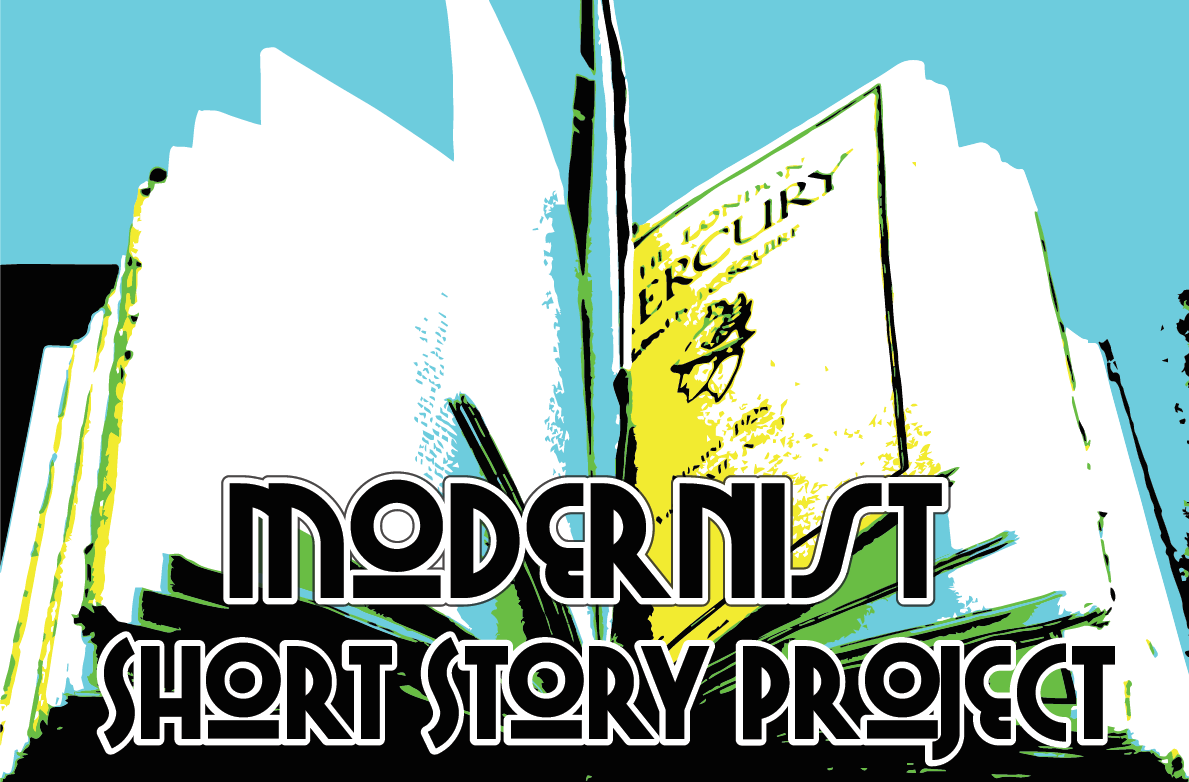Document Type
Article
Publication Date
Winter 2019
Abstract
While “Domestic Studies in the Year 2000 A. D.” may be E. S. P. Haynes’s only piece of fiction, it captures two of his main ideologies in two very short stories. The stories adopt a dystopian view toward the future, looking ahead 87 years with two scenarios depicting average life in the year 2000. Both stories tackle decidedly controversial topics for the early twentieth century: individual freedoms and gender roles. The story found an appropriate home in the progressive periodical The New Freewoman, which heavily promoted the advancement of women, taking progressive stances on equality and feminism. Part one of the story deals with governmental control as it follows the conversation between a son and his father, Mr. Wobble, who is denied further medical assistance by the government. Part two plays with traditional gender roles, where Mr. Fanshawe discovers his wife, Mrs. Fanshawe, has several affairs with other men. These two stories challenge traditional Victorian ideals—one of governmental control and the other of gender constructs. The stories suggest a two-part consequence of these ideals. One, that if the traditional ideals are not rejected, the government can gain unwarranted power over individual freedoms, and two, that if they are rejected, men and women can hold more equal positions in society. Haynes’s use of irony prompts readers to question the consequences of Victorian ideals, illuminating the problem of blindly following societal constructs and suggesting that if they are rejected, society will be better off.
Recommended Citation
Plater, Kimberly, "Predicting the Future for a Victorian World: A Digital Exploration of “Domestic Studies in the Year 2000 A.D.”" (2019). Modernist Short Story Project. 29.
https://scholarsarchive.byu.edu/mssp/29

